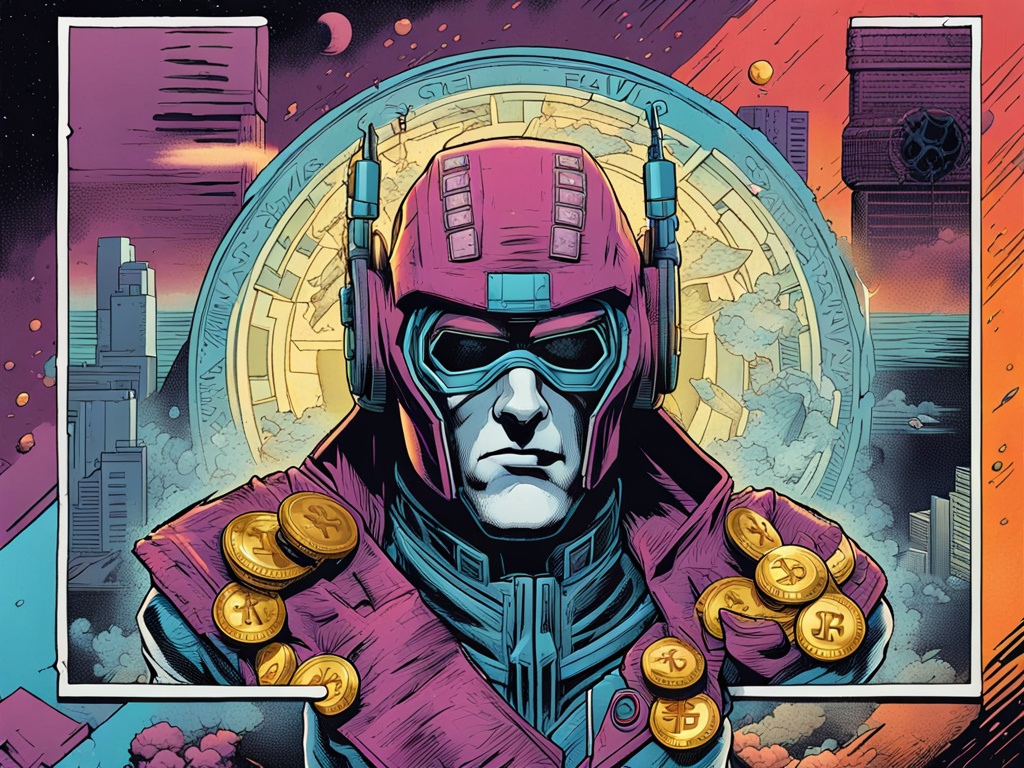Preserving History Through Blockchain: The Future of Assange’s Afghan War Logs 🌍
This year, an innovative effort is taking shape that aims to utilize blockchain technology to safeguard vital historical records. The Afghan War Logs, first disclosed by Julian Assange in 2010, highlight troubling aspects of military operations in Afghanistan, and a new initiative named Project Spartacus seeks to ensure their permanent availability by embedding these files into Bitcoin’s blockchain. This undertaking reflects WikiLeaks’ commitment to transparency and information resilience in an increasingly censorious environment.
How Project Spartacus Aims to Ensure Lasting Access 🔒
The Afghan War Logs comprise 76,911 detailed documents that shed light on military engagements from 2004 to 2010, exposing issues such as civilian casualties and questionable interrogation methods. Although these logs are publicly accessible, there is still a significant risk of them being silenced or deleted due to their sensitive nature. To combat this potential erasure, Project Spartacus will encode these logs onto the Bitcoin blockchain using a tool known as OrdinalsBot.
Here are some vital aspects of this project:
- Decentralization Advantage:
- Unlike traditional data storage systems that depend on centralized servers, Bitcoin’s decentralized nature distributes data across countless nodes globally.
- This architecture makes it exceedingly difficult to alter or delete the records inscribed on the blockchain.
- Commencement Date:
- The minting process is set to commence on December 12, 2024, and will be freely accessible for participants via ProjectSpartacus.org.
- After the initial phase, the project will continue on the OrdinalsBot marketplace, Trio.
The Role of Bitcoin in Upholding Freedom of Information 💡
WikiLeaks has had a long-standing relationship with Bitcoin, particularly during a financial blockade in which major payment services withdrew their support from the organization. In this challenging time, Bitcoin donations became crucial in sustaining WikiLeaks’ operations, demonstrating the resilience of decentralized financial systems against governmental pressure. Assange’s use of Bitcoin not only highlighted its utility but also attracted the attention of Satoshi Nakamoto, the pseudonymous creator of Bitcoin.
Nakamoto expressed concerns in a forum post about WikiLeaks’ association with Bitcoin, warning that it might draw unwanted scrutiny to the nascent technology. Nevertheless, Bitcoin ultimately emerged as a vital lifeline for WikiLeaks, serving as an essential tool for currency resistant to censorship.
Achieving the “Forever Iconic” Status with Ordinals 🎖️
The Ordinals protocol allows for the inscription of data directly onto individual satoshis, the smallest units of Bitcoin, creating indelible records that are permanently associated with the network’s distributed ledger. Toby Lewis, the founder of OrdinalsBot, has referred to this initiative as a “forever iconic” achievement, pointing out the intricate technical challenges presented by the project’s vast scale.
- Data Volume:
- This minting effort comprises tens of thousands of files, making it far more significant than a typical project.
- Although infrastructure for large-scale mints is in place, some delays are anticipated due to the magnitude of the endeavor.
While this project is not designed to raise money for Assange, it provides an engaging avenue for his supporters to connect with his legacy. Gabriel Shipton, Assange’s brother and chair of the Assange Campaign, remarked on the historical importance of the logs, stating, “This information should last forever,” emphasizing the project’s role in highlighting Bitcoin’s original purpose as a mechanism to resist systemic constraints.
Hot Take: The Significance of Preserving Integrity in Information 📜
This year, the initiative to inscribe the Afghan War Logs onto the Bitcoin blockchain represents a profound commitment to preserving historical truths in the face of possible erasure. By leveraging blockchain technology, advocates aim to ensure that these crucial records remain untouchable by political forces seeking to manipulate narratives. Through these efforts, Project Spartacus not only seeks to protect the integrity of vital information but also underscores the original ethos that inspired the creation of Bitcoin—resistance against censorship and the empowerment of individuals through unalterable access to information.
As the project unfolds, it will be interesting to observe the response from both supporters and critics of blockchain technology regarding its role in safeguarding historical documents and ensuring the resilience of the freedom of information.





 By
By
 By
By
 By
By


 By
By